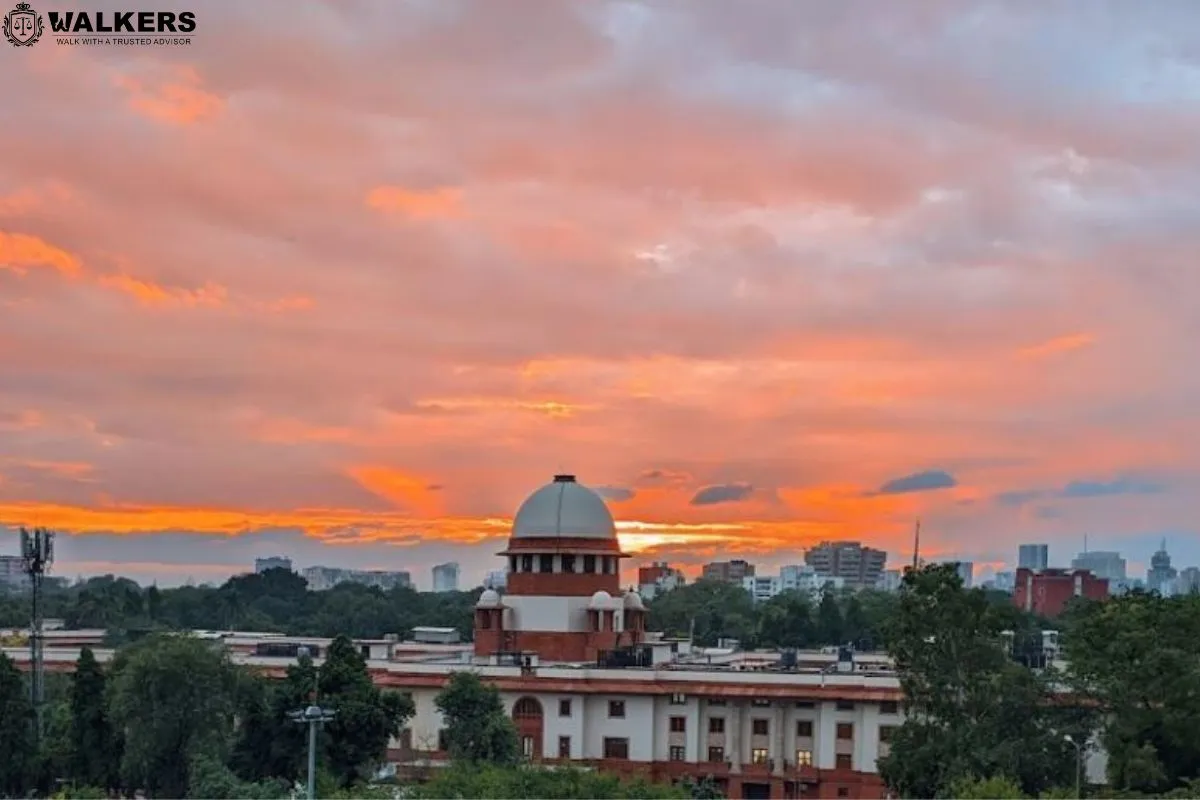


Supreme Court Directs High Courts and Police Authorities to Ensure Adherence to Arnesh Kumar Guidelines on Arrests
In a significant ruling, the Supreme Court has ordered the issuance of circulars, notifications, and instructions to guarantee strict compliance with the guidelines on arrest laid down in the 2014 Arnesh Kumar case. The Court's concern stemmed from the misuse of Section 498A of the Indian Penal Code, particularly in relation to dowry demands, leading to unnecessary arrests. Justices S Ravindra Bhat and Aravind Kumar directed all High Courts to frame these guidelines into notifications, which are to be followed by Sessions Courts and other criminal courts.
The Directors General of Police in all States were also instructed to ensure the strict adherence of these guidelines. The Court mandated that these directives, guidelines, and departmental circulars be issued within eight weeks. Furthermore, the concerned authorities are required to file an affidavit of compliance before the Supreme Court within ten weeks.
The Court's ruling came to light while granting bail to an individual accused in a matrimonial dispute involving various offences, including dowry harassment, cruelty, and criminal intimidation. The Supreme Court reiterated that bail should ordinarily be granted, emphasizing an individual's right to personal liberty under Article 21 of the Constitution. It acknowledged that the Court may use its discretion in serious cases but found that in the present case, the accused had cooperated with the investigation, and there were no compelling reasons to deny pre-arrest bail.
The Supreme Court criticized the High Court's approach in mechanically rejecting the anticipatory bail plea and instead directing the accused to surrender before the trial court and seek regular bail. The bench opined that the High Court should have granted bail as a matter of course since the chargesheet was already filed.
Consequently, the Supreme Court set aside the High Court's order and granted bail to the accused. This ruling emphasizes the importance of following the Arnesh Kumar guidelines to prevent unnecessary arrests and protect individual liberties.
Click Here to: Download/View Related File
TAGS: Supreme Court High Courts State DGPs Arnesh Kumar guidelines circulars notifications instructions police authorities criminal courts misuse Section 498A Indian Penal Code dowry demands arrests compliance Justices S Ravindra Bhat Aravind Kumar Sessions Courts Directors General of Police bail matrimonial dispute cruelty criminal intimidation Article 21 Constitution anticipatory bail chargesheet individual liberties.